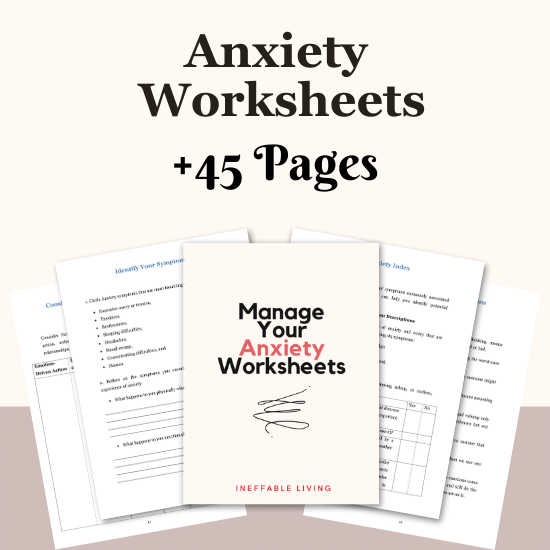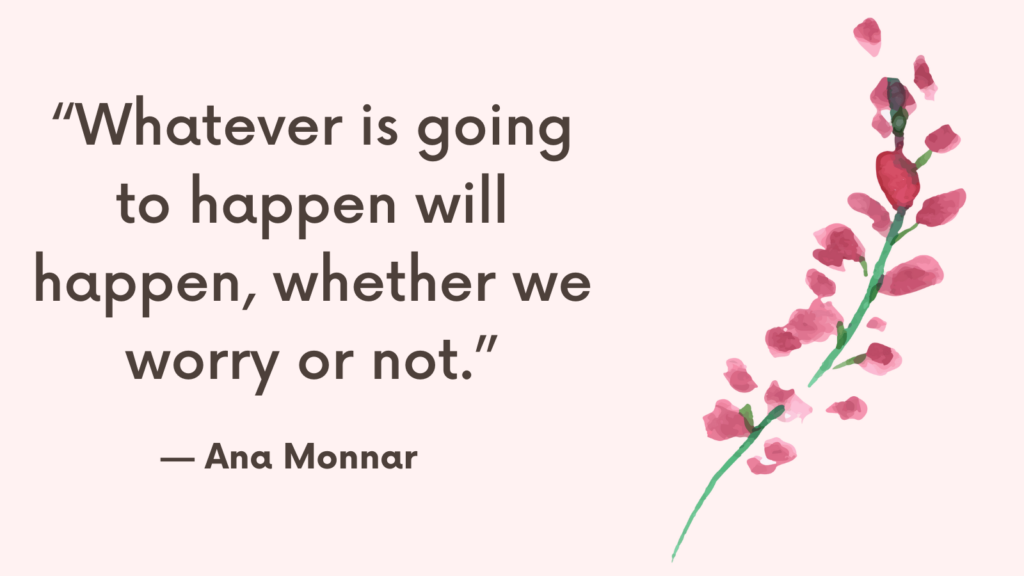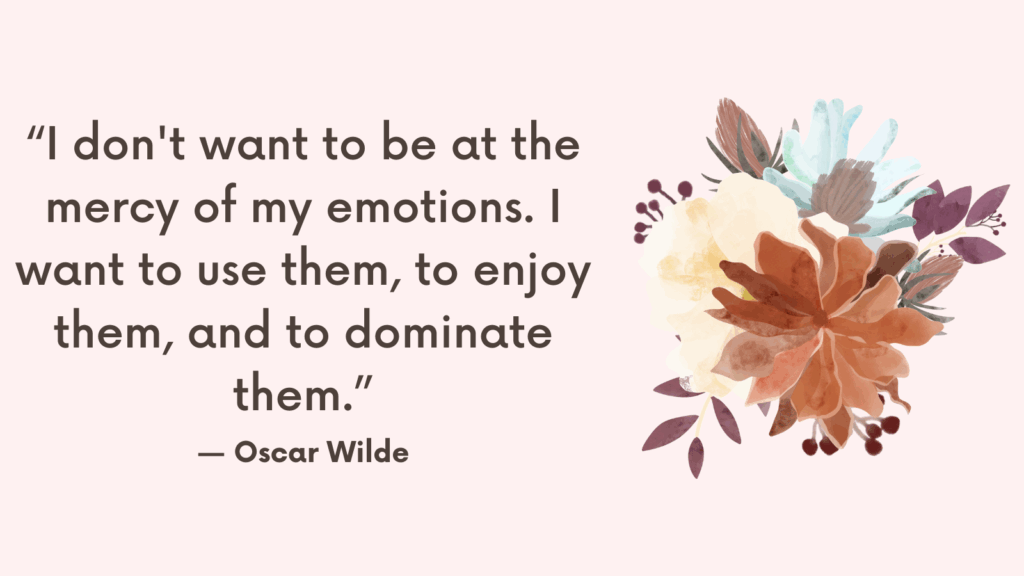The news is filled with painful and scary updates, leaving many of us feeling anxious, discouraged, and overwhelmed.
If you’re feeling this way, you’re not alone.
The constant barrage of distressing news can take a significant toll on our mental health.
In this post, we’ll explore how your brain reacts to the news and provide practical strategies to manage news anxiety effectively.
How News Affects Your Brain
To understand why news can be so anxiety-inducing, we need to delve into how our brains work.
News organizations, particularly for-profit ones, are not primarily focused on presenting balanced stories.
Their goal is to grab your attention, and they do this by triggering your brain’s survival mechanisms.
The Role of the Amygdala
Your brain has a part called the amygdala, which is constantly scanning for threats.
This part of your brain is responsible for triggering the fight/flight/freeze response whenever it senses danger.
This reaction was vital for survival in our evolutionary past, but in today’s world, it can be easily triggered by sensational news stories.
Related: Best 10 Books For Overthinking And Anxiety
How to Manage News Anxiety?
1. Be an Informed Consumer
The first step in managing news anxiety is to become an informed consumer.
Recognize that news organizations may be exploiting your brain’s threat response for profit.
By understanding this, you can make more intentional choices about how you consume news.
2. Assess the Accuracy of Your Anxiety
Anxiety can serve a function by keeping us safe from real and present danger.
However, it’s important to keep your anxiety in check by asking yourself, “Is how I’m seeing things accurate? Am I in actual danger?”
This helps you to differentiate between perceived threats and real ones.
Related: How to Stop “What If” Anxiety Thinking?
3. Gain Perspective
It’s crucial to gain perspective when consuming news.
Despite the negative stories dominating the headlines, the world is actually getting safer over time.
Here are some positive trends that are often overlooked:
– Life Expectancy: On average, people are living longer.
– Child Mortality: Fewer children are dying at young ages.
– Global Income Inequality: There is a decline in global income inequality.
– Democracies: More people are living in democratic countries.
– Conflict: Global conflicts are on the decline.
– Poverty and Slavery: Significant progress has been made in reducing both.
– Literacy and Healthcare: More people have access to education and healthcare than ever before.
Despite these positive trends, many think the world is getting more dangerous.
This misconception is largely due to the way news is presented.
To counteract this, you need to intentionally choose where to place your attention.
Related: Future Tripping: Top 9 Ways to Avoid Future-Tripping
4. Daily Gratitude and Positive Sources
Incorporate a daily gratitude practice into your routine.
Follow positive news sources like Upworthy or the Good News Movement to balance out the negative stories.
By doing so, you can train your brain to see the good in the world as well.
5. Be Intentional with Your News Consumption
Ask yourself, “If I were to plan out my day minute by minute, how much time would I choose to spend consuming the news?”
Be intentional about your news consumption. Here are some tips:
– Avoid Starting Your Day with News: Don’t start your day by reading or watching the news. This can set a negative tone for the rest of your day.
– Schedule News Time: Plan a specific time and place to get informed, such as during lunch or in the afternoon.
– Choose Educational Sources: Opt for reliable, educational sources like the Associated Press (AP), National Public Radio (NPR), or the British Broadcasting Corporation (BBC) instead of sensational cable news.
Related: Why Do Intrusive Thoughts Feel So Real? Top 4 Reasons
6. Manage Social Media Consumption
Don’t let social media determine when and how long you consume news.
Set time limits on your social media use and show the algorithm what you do and don’t want to see.
You can unfollow channels that are sensational or overly negative and tailor your feed to include more positive content.
7. Shift Focus to Values and Actions
When you find yourself getting sucked into negative news, practice shifting your attention back to what you want your life to be about.
Pay attention to your values and give your time to those instead of spending hours reading the news.
Related: How to Relieve Anxious Sensations In Your Body?

Conclusion
In today’s hyper-connected world, staying informed about current events has become easier than ever.
However, this constant influx of news can sometimes lead to overwhelming feelings of anxiety and stress, commonly referred to as “news anxiety.”
Managing news anxiety is crucial for maintaining mental well-being in an age of constant information.
By establishing healthy boundaries, practicing mindfulness, staying informed without becoming overwhelmed, and building resilience, you can stay engaged with the world around you while protecting your mental health.
Remember, it’s okay to step back and take care of yourself – staying informed should never come at the cost of your peace of mind.



